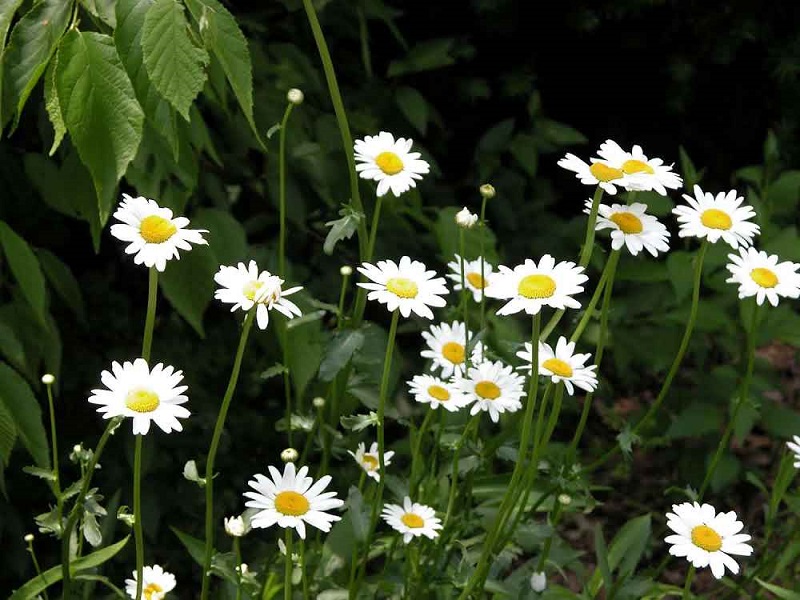Gardeners can help to identify possibly invasive plants
Researchers from the University of Reading and the Royal Horticultural Society have discovered that gardeners play a vital role in identifying 'future invaders' - ornamental plants that could become invasive species. Read further on Dynamite News:

Washington DC: Researchers from the University of Reading and the Royal Horticultural Society have discovered that gardeners play a vital role in identifying 'future invaders' - ornamental plants that could become invasive species.
Looking to draw from the experience of Britain's millions of gardeners, the team created an online survey where gardeners reported ornamentals that showed 'invasive behaviour' in their gardens.
Based on reports from 558 gardeners, 251 different plants were identified as potential invaders, reflecting the extensive variety and potential risks in domestic gardens. The team analysed the results, considering both domestic and global invasive status, and prioritised ornamental plants of concern. The result was a shortlist of plants which need their invasive potential in Britain and Ireland assessed.
Read This Also: Yoga gives distinct cognitive advantages to older women at risk of Alzheimer's disease
Also Read |
Say no to negative energy with these spiritual plants
The shortlisted plants include, for example: Mexican fleabane (Erigeron karvinskianus); cypress spurge (Euphorbia cyparissias); chameleon plant (Houttuynia cordata); Himalayan honeysuckle (Leycesteria formosa); and purple top (Verbena bonariensis).
The results, published in the open-access journal NeoBiota, highlight the critical role of gardeners in the early detection of invasive species, a key factor in the global nature crisis. Such proactive identification could prove invaluable for future risk assessments and prevention strategies.
Lead author Tomos Jones said: "The simple yet structured scheme we developed was used to prioritise which of the around 70,000 ornamental plants available to buy in the UK could be future invaders. This is crucial for focusing research efforts and resources, such as conducting formal risk assessments to explore the invasive potential of those shortlisted."
John David, RHS Head of Horticultural Taxonomy, said: "It's important to remember that these shortlisted plants are not yet officially invasive, and that many non-native plants that occur in the wild present no threat to our native biodiversity."
Also Read |
Pollution in cities damaging ecosystems
Read This Also: Butterflies mimic each other's flight patterns to evade predators
Gardeners are encouraged to get involved in helping identify future invaders. Ornamental plants showing 'invasive behaviour' can be reported by gardeners through an ongoing project called Plant Alert. This is run by the Botanical Society of Britain and Ireland and Coventry University. (ANI)
 Dynamite News
Dynamite News 